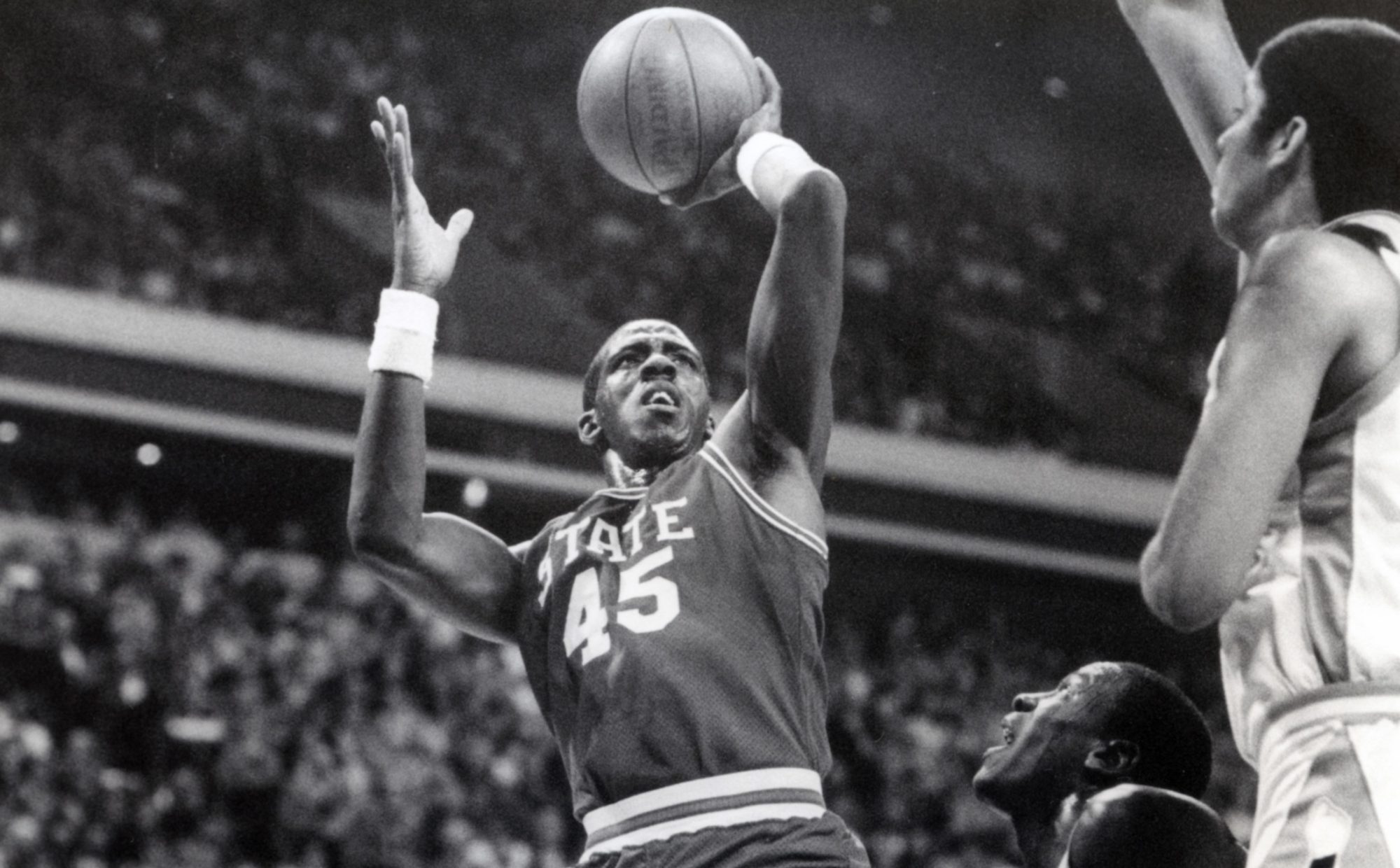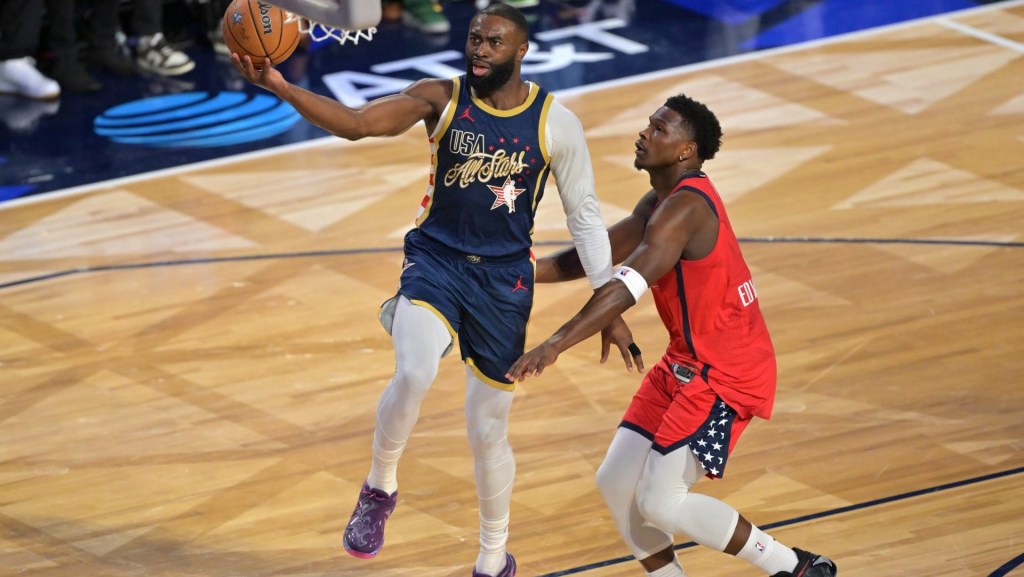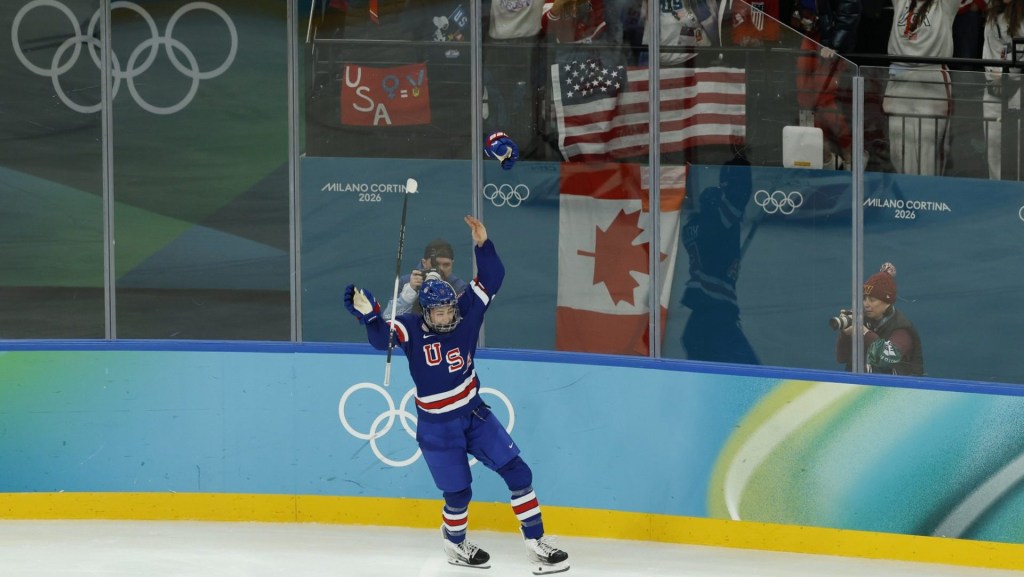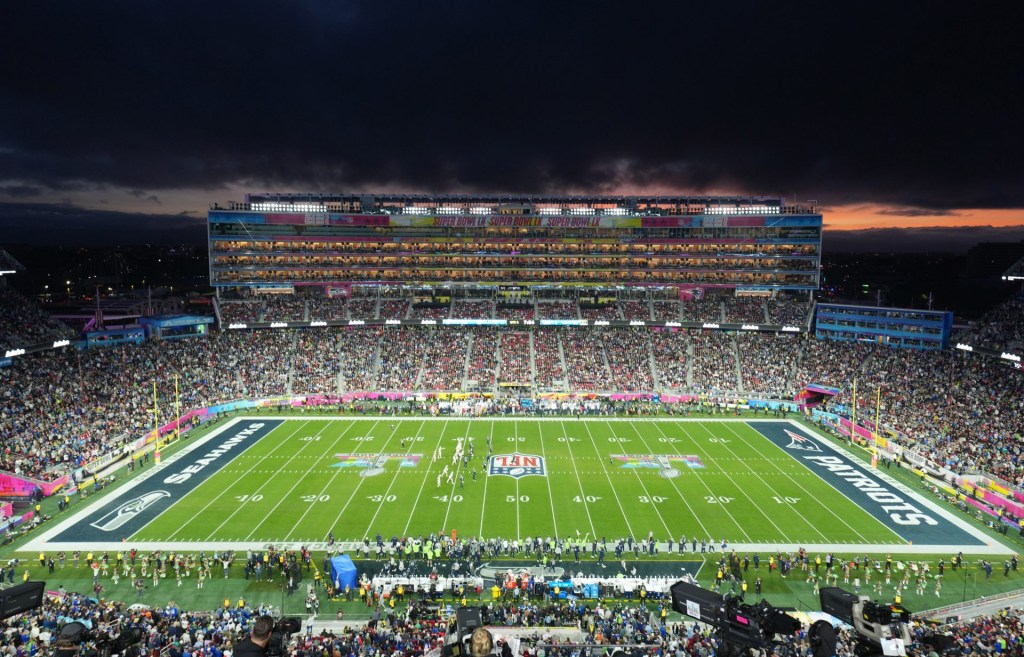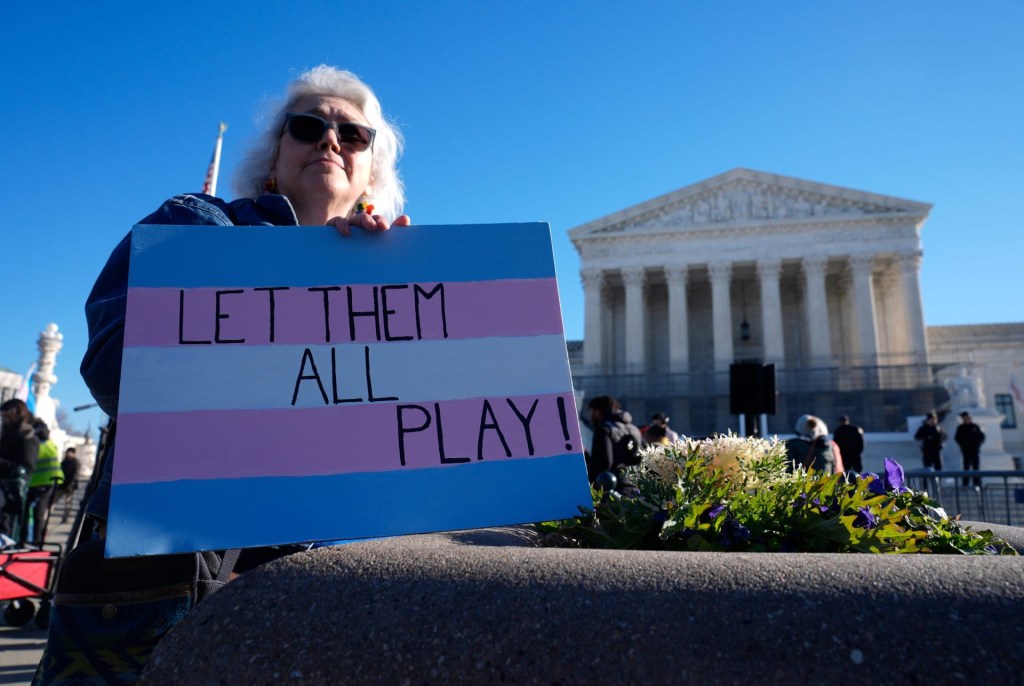North Carolina State’s iconic 1983 men’s basketball team is heading to a different court.
The “Cardiac Pack” is suing the NCAA for using their name, image, and likeness without their permission or with compensation to advertise the NCAA tournament, among other commercial uses. The case was filed in Wake County, N.C., and cites the 2021 Supreme Court case ruling against the NCAA allowing college athletes to be compensated as part of its case.
“For more than 40 years, the NCAA and its co-conspirators have systematically and intentionally misappropriated the Cardiac Pack’s publicity rights — including their names, images, and likenesses — associated with that game and that play, reaping scores of millions of dollars from the Cardiac Pack’s legendary victory,” the lawsuit says.
NC State’s 1983 title team is among basketball’s greatest Cinderella stories. It was a No. 6 seed in the NCAA tournament, but had to win the ACC tournament to secure its bid in a Big Dance that took only 52 teams at the time. The Wolfpack won the title over Houston, which had future Hall of Famers Clyde Drexler and Hakeem Olajuwon on its roster, on Lorenzo Charles’s memorable buzzer-beating dunk, which sent coach Jim Valvano running around the court looking for someone to hug. Both clips of Charles’s dunk and Valvano’s reaction have been played repeatedly over the years during March Madness.
Plaintiffs in the case include former Wolfpack players Thurl Bailey, Alvin Battle, Walt Densmore, Tommy DiNardo, Terry Gannon, George McClain, Cozell McQueen, Walter Proctor, Harold Thompson, and Mike Warren. Charles died in 2011. Valvano died of cancer in 1993. Warren told Raleigh’s News & Observer they are working with his estate and Quinton Leonard’s, another deceased former teammate, to be included.
Both the NCAA and Collegiate Licensing Company, which the NCAA uses to license its products, are listed as defendants. The plaintiffs demand a jury trial and are seeking a still-to-be-determined amount of compensatory damages greater than $25,000.
Notable absences from the court filing include former players such as Sidney Lowe, Ernie Myers, and Dereck Whittenburg, the last of whose desperation heave in the title game was caught by Charles and dunked for the title.
Warren said the team—memorialized in the documentary Survive and Advance—has long discussed a suit while remaining tight for decades. The team was frequently in the news in March as NC State made a Final Four run that drew comparisons to its 1983 team after it had to win every game of the ACC tournament just to get a March Madness bid.
“We’ve been an incredibly close group of guys for over 40 years,” Warren said to the paper. “One of the factors in our success, I believe, was how close we were as a team. That’s continued for our lifetime to this point as adults. We’re friends, we know each other’s families, we stay in touch. Everyone was a part of this decision.”
The former players are being represented by lawyers Stacy Miller and Elliot Abrams, who has an extensive history with NCAA-related cases and most recently represented North Carolina wide receiver Tez Walker in his eligibility case against the NCAA.
Miller, Abrams, and the NCAA did not immediately respond to requests for comment.
The lawsuit mentions the billion-plus dollars the NCAA pulls down annually from men’s March Madness broadcast rights alone, and it pointed out the frequent usage of videos from their run on the NCAA’s website, which play only after advertisements and have never “paid one cent” to the plaintiffs.
“The NCAA has for decades leveraged its monopoly power to exploit student-athletes from the moment they enter college until long after they end their collegiate careers,” the lawsuit reads. “It has conspired with conferences, colleges, licensing companies and apparel companies to fix the price of student-athlete labor near zero and make student-athletes unwitting and uncompensated lifetime pitchmen for the NCAA.”
